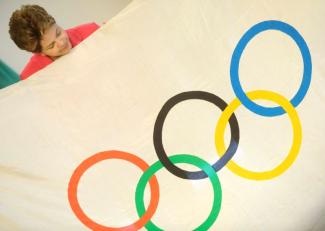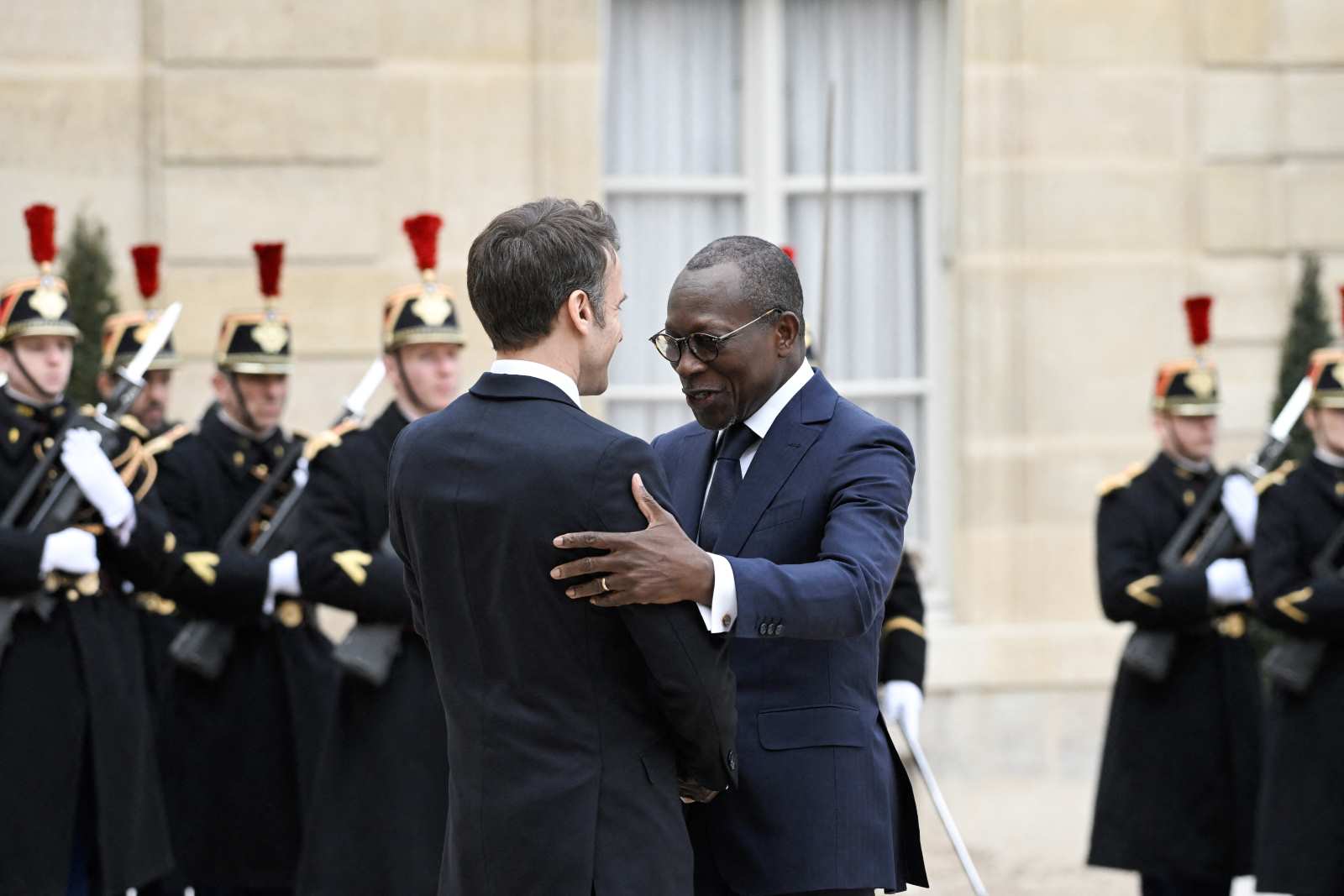Editorial
Games in times of crisis

When the Olympic games and the Football World Cup were awarded to their country years ago, Brazilians celebrated. They felt that their nation was finally being recognised globally. The mood has turned sour however. After a long boom, Brazil’s economy is now in deep recession, and masses of protestors are rallying against corruption and government failure.
It currently looks as though some sports facilities may not be ready in time. Some major infrastructure projects are running late too. The sense of frustration is strong, but organisers promise that things will go well, and to gather from similar experiences in other Olympic cities, that will probably be the case. With some luck, the games will even boost Brazil’s self-confidence.
What is certain is that the eyes of the world will be on Rio. Global sports events fascinate billions of people. It is exciting to watch top athletes
compete, and people take pride in winners from their own country. Those who come home with medals are celebrated, and governments hope that pride in athletes will boost their own standing.
Sports and physical exercise matter far beyond such considerations, of course. Exercising serves physical fitness as well as mental health, reducing feelings of despair and strengthening self-confidence. Fair play is an important principle in all areas of social life, not only sports. Team sports, moreover, help to build team spirit. Social acceptance, personal acknowledgement and ideas of attractiveness are all linked to the body. Accordingly, the Paralympics are probably the single most important event that promotes the social inclusion of people with disabilities.
Sports excitement has dark sides, however. Doping is one. Some athletes abuse pharmaceuticals to perform better. All too often, they are egged on by their governmental or corporate sponsors. Corruption distorts results.
Many Brazilians are angry because the Rio Olympics will cost the equivalent of some € 8.7 billion. They have
a point because some money is probably syphoned off and Brazil remains a dramatically unequal society. That said, many investments actually make sense, and the city’s infrastructure has improved. The run-up to the Olympics was an opportunity to tackle large-scale challenges, and the Football World Cup served that purpose in other Brazilian cities as well. Without the sports events, urban planning would have been less ambitious and less effective.
Brazil has big problems. Corruption is one, but the Olympics are not. An irony of the impeachment proceedings is that the president is not accused of personal wrongdoing, while many politicians who are driving the impeachment process are. Interim President Michel Temer is neither popular nor untainted. The other parties are not cleaner than Rousseff’s Workers’ Party is.
It would have been better to let the courts, which have become quite strong under Rousseff, deal with the criminal cases and let voters draw political conclusions when they next go to the polls. The impeachment drama is a symptom of exaggerated politicisation of what should really be a juridicial affair. The talk of systemic disaster may prove self-fulfilling. Giving the courts priority would have been more in line with fair play and other democratic principles.
Hans Dembowski is editor in chief of D+C Development and Cooperation / E+Z Entwicklung und Zusammenarbeit.
euz.editor@fs-medien.de














